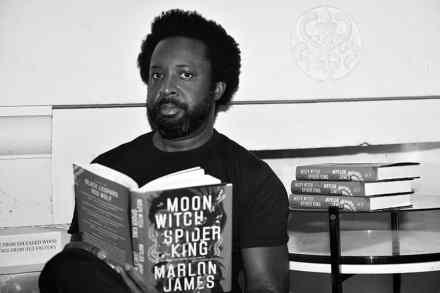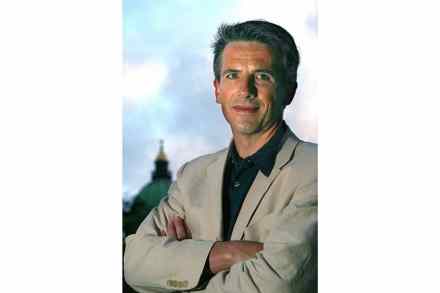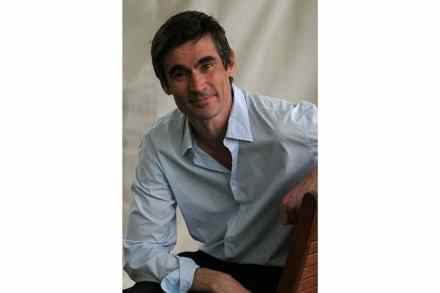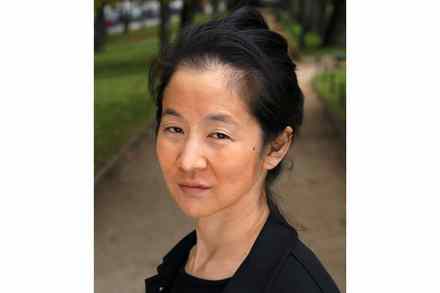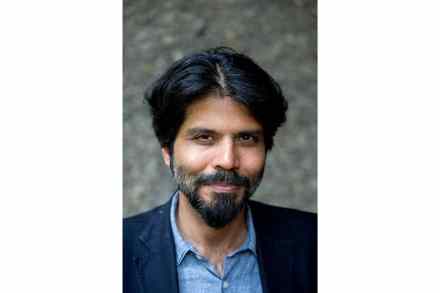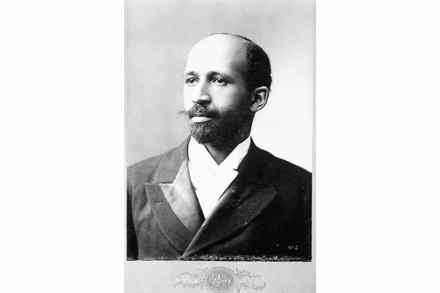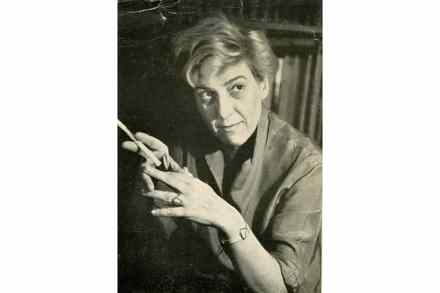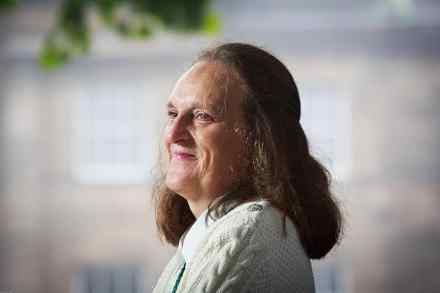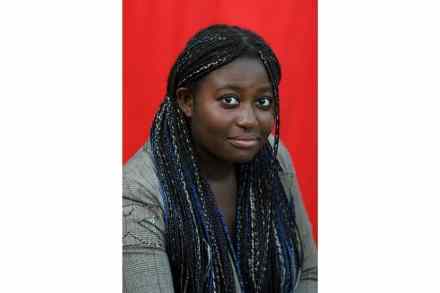A magical epic: Moon Witch, Spider King, by Marlon James, reviewed
When the first volume of Marlon James’s Dark Star trilogy appeared in 2019, it was quickly recognised as a masterly work of fantasy fiction, drawing comparisons with Tolkien, Angela Carter and Beowulf. Part quest narrative, part picaresque, Black Leopard, Red Wolf follows a man named Tracker as he weaves a trail through various lands, encountering a magical cast of shapeshifters, witches and powerbrokers in a seemingly never-ending search for a lost child. Yet, already in this first instalment, Dark Star was showing signs of something more complex than is usually found in fantasy, a quality that, in terms of a world culture, distinguishes the great epics of history, in which
